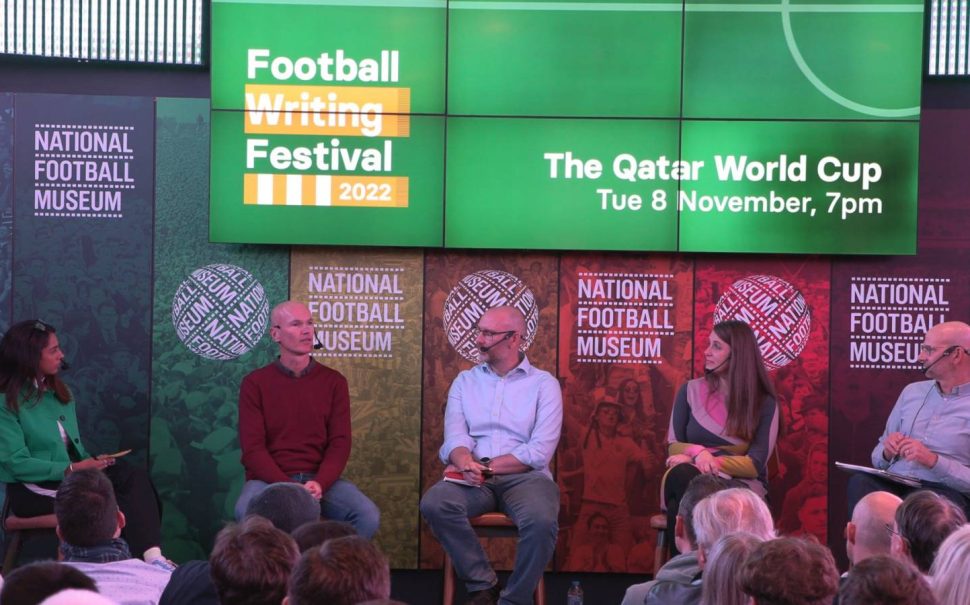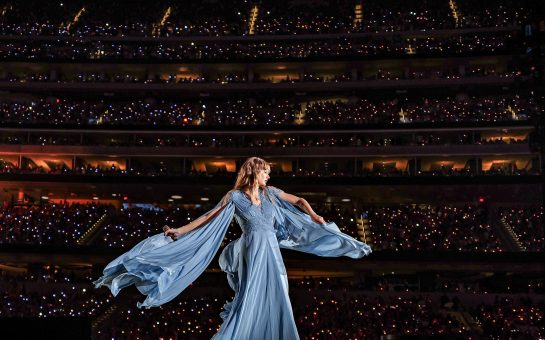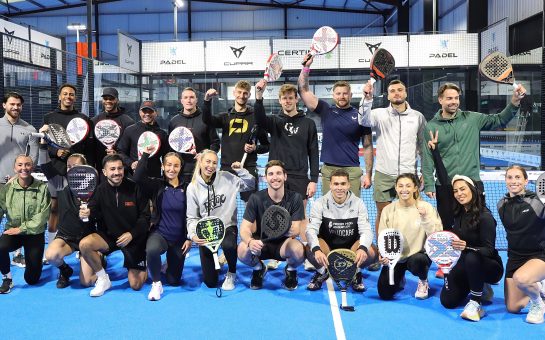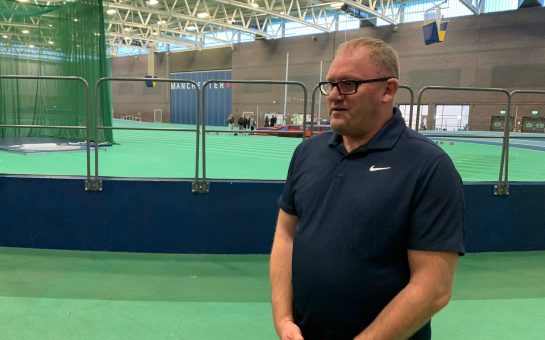Qatar is using the 2022 FIFA World Cup as a “defence mechanism” against other Middle Eastern countries, according to a leading journalist of the tournament.
Matt Slater, from The Athletic, highlighted the deep, ongoing rivalry between Qatar and its neighbours during an event at the National Football Museum.
In 2017 Bahrain, Saudi Arabia and United Arab Emirates were three of six Islamic countries who asked FIFA to stop Qatar from hosting the forthcoming tournament.
Slater said: “They massively fell out with their neighbours, partly because of the World Cup as they weren’t really sharing.
“Between 2017 and early 2021, other Middle Eastern countries tried to crash Qatar’s economy.
“Instead of a border, Saudi Arabia were going to fill a canal with toxic waste – it got pretty nasty.
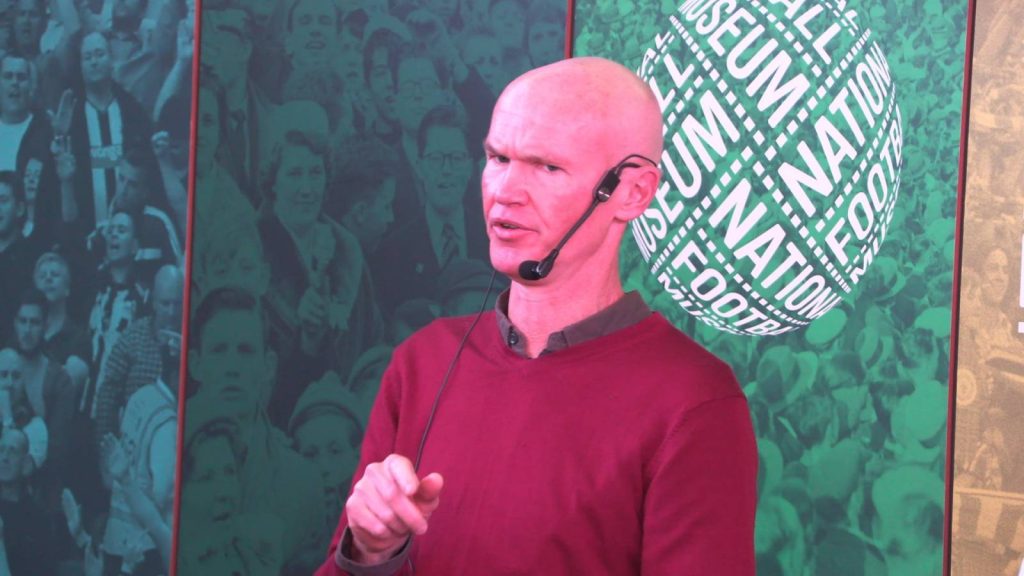
“And this all goes back to Qatar’s story. They were meant to be part of the UAE but changed their mind on the last day and UAE have never forgiven them.
“A lot of this is family stuff and Qatar are using the World Cup as a defence mechanism.”
This was all part of the museum’s football writing festival where a panel came together to discuss the social and political issues of Qatar hosting the tournament.
Also discussed was the lasting legacy of this World Cup and how people must continue the political conversations which are currently taking place.
Steve Cockburn, Head of Economic and Social Justice at Amnesty International, said: “How do we keep making sure the spotlight remains on Qatar for the coming years.
“But it can’t just be about Qatar. Something is out there now, sport and human rights are intertwined.”
He added: “We will have bidding for the 2030 World Cup which Saudi Arabia will go for – that’s going to be a big deal.
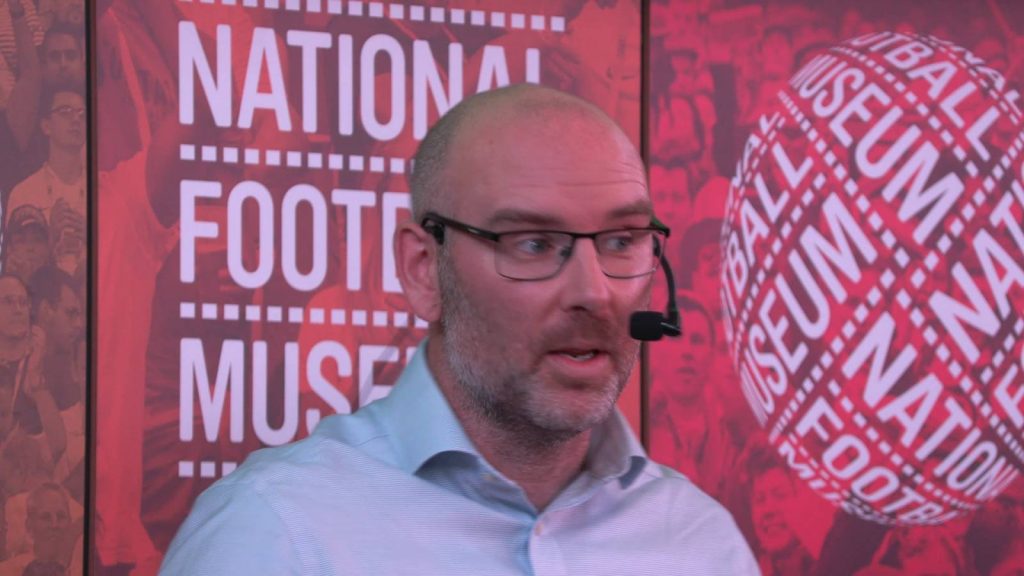
“I think it’s also really important to discuss the human rights issues around the [2024] Paris Olympics and the USA, Canada and Mexico [2026] World Cup.
“There are very severe human rights issues in Qatar and Saudi Arabia, but there are human and workers rights issues in many countries.
“It’s important to not focus on just one region – make sure it’s global.”
